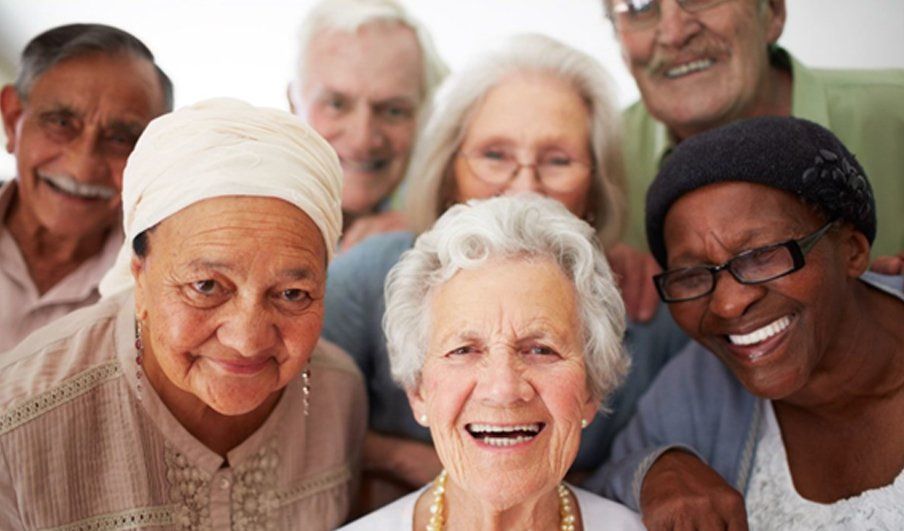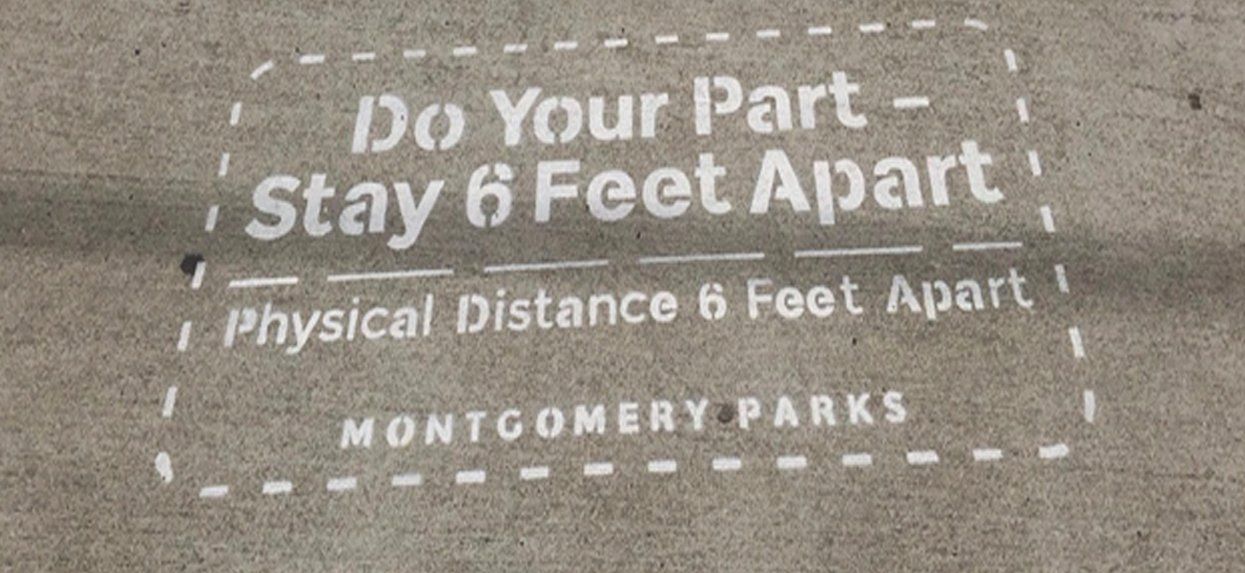Solo Living: Embracing Your Own Company

Ernest Hemingway once said, "In our darkest moments, we don't need solutions or advice; what we yearn for is simple human connection, a quiet presence, a gentle touch; these are the anchors that hold us steady when life feels too much." This connection is crucial for solo agers, who often face unique challenges. Maintaining social connectedness as a single dweller is one of physical and mental wellness's most significant behavioral benefits.
According to the 2023 U.S. Census, about 28% of people 65 and older, or 22 million older people, live alone. In 2021, AARP stated approximately 12% of them are considered 'solo agers.' As solo agers become more common, how do the unique challenges the 'Golden-Agers' face impact their quality of life and well-being? These unique challenges can include social isolation, lack of immediate emergency support, and the need to manage all aspects of daily life alone. However, with the right community and support, solo living can be a fulfilling and enriching experience, whether by choice or circumstances. Death of a spouse, having no family nearby, or those who have a strong sense of identity and self-reliance wanting to continue to live a purposeful life can be underlying factors of solo living. We know social wellness is vital to your health, regardless of age.
Solo Agers seek a sense of self, purpose, and community. Staying active, volunteering, finding your community, practicing healthy habits, finding your passion, and creating a solid support network can and will be the foundation for the purposeful life of a Solo Ager. The term "Elder Orphan" was first coined by Dr. Maria Carney, Chief of Geriatric and Palliative Medicine at Northwell Health of Great Neck, N.Y, a leading researcher in elder care; the AARP picked up the baton, then Visiting Angels, then the media. This label, "Elder Orphan," to identify those of us who age alone, has become the standard, morphing into "Solo Agers and Solo Living. The characterization brings awareness to unique situations as we age, thus the need for customized planning. Reframing aging plus self-identity as we age is crucial. Thought leaders in the aging field share it's a good thing. It affects our self-esteem as older people, social identity, and the roles we play in our community. Personal identity is the concept you develop that evolves throughout your life. Recognizing and valuing your identity is key to living a purposeful, well-lived life.
Must Read Newsletter
Sign up for news and events
Newsletter
Most Popular





